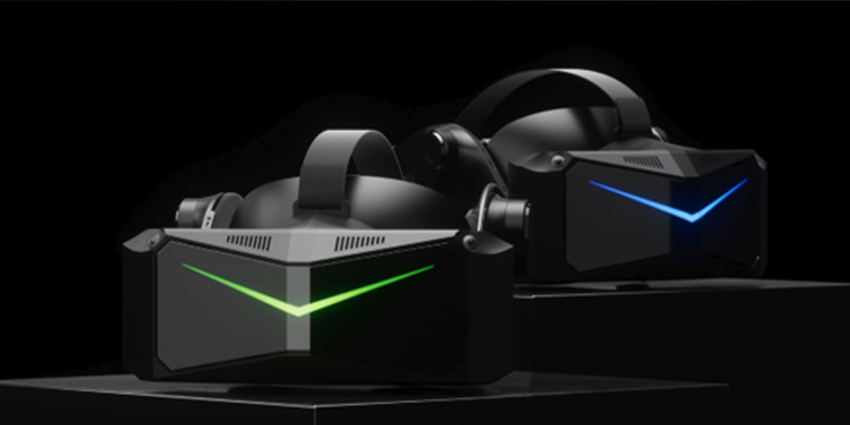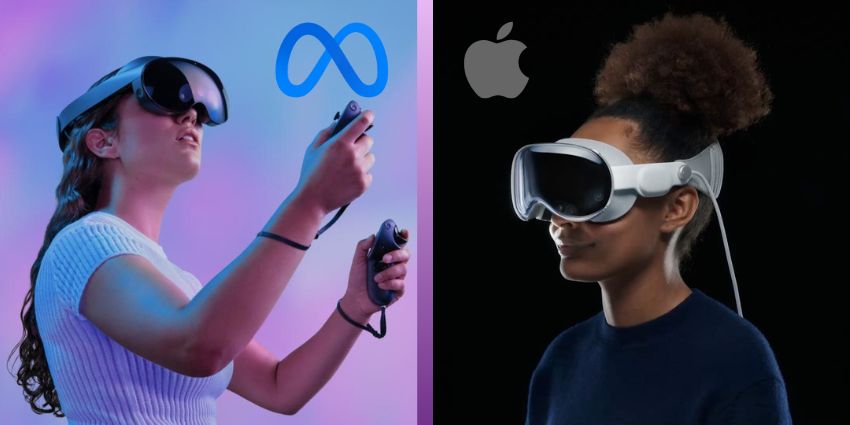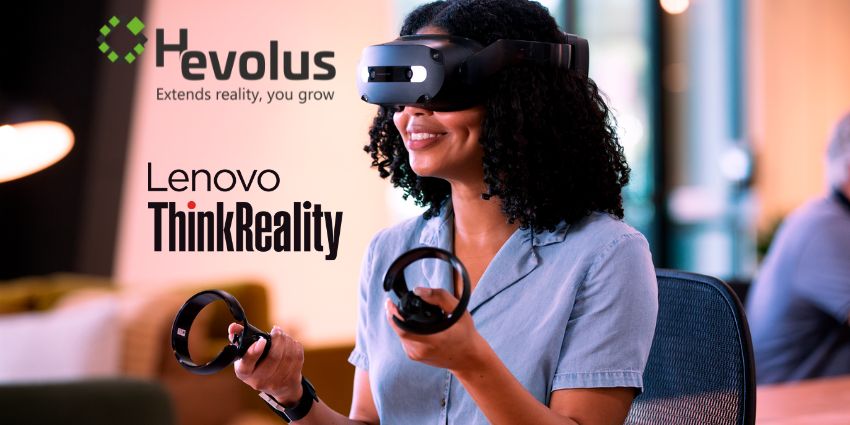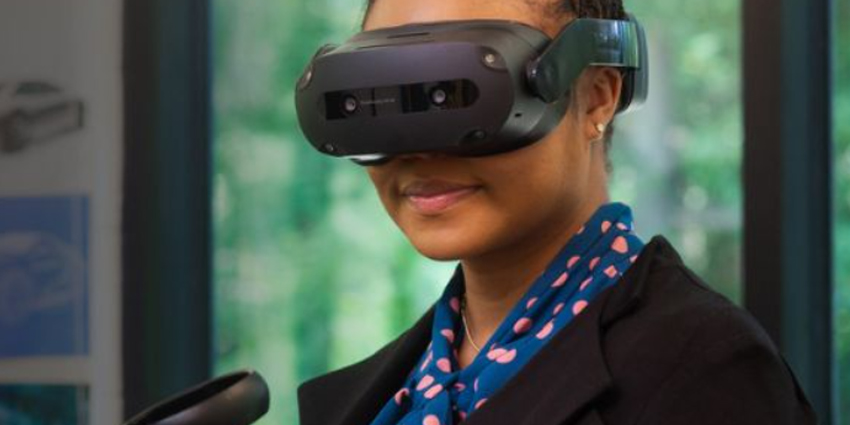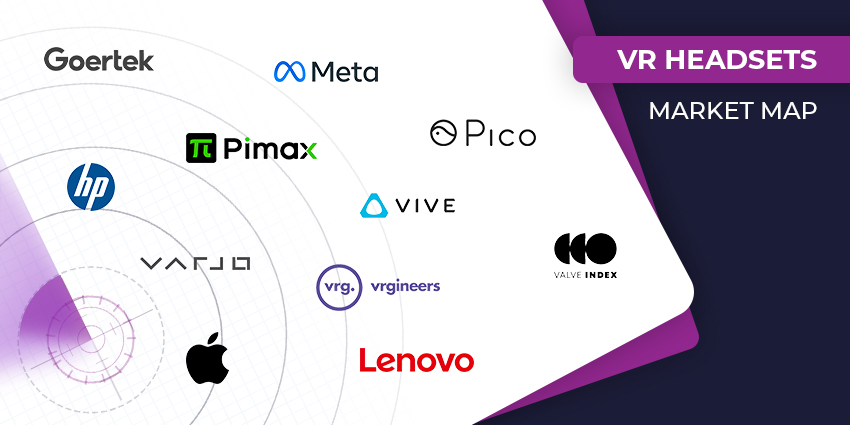Virtual reality (VR) no longer champions the consumer market. Currently, enterprise VR offers greater benefits to businesses for collaboration, creativity, productivity, security, and customer service.
Many businesses are realising the value and potential of integrating virtual solutions. Even governments are turning to immersive platforms to showcase tourism, security, and travel opportunities.
The VR industry has skyrocketed immensely, with immersive headset shipments spiking 92 percent in 2019 and 70 percent in 2020.
According to IDC data, VR headset shipments are expected to increase 42.88 percent year-on-year, with augmented reality (AR) peaking 94.1 percent YoY for 2023.
Due to ongoing concerns with the tech community, markets have contracted with a bearish outlook. Affected companies include Meta Platforms, Amazon, and the global cryptocurrency community.
Optimism in XR
Despite this, big tech continues to pioneer fresh solutions and use cases, with enterprises leading the way. Meta Platforms also pivoted to professionals with its Meta Quest Pro device. It features full colour passthrough, a Qualcomm Snapdragon XR2+ chipset, and productivity and security tools for workers.
Accenture, who ordered 60,000 Meta Quest 2 headsets last year, has now launched a customer journey plan for many enterprises. The company’s plans may lead to further innovation with the Meta Quest Pro.
The Dublin-based IT consultancy has outlined a Metaverse Continuum Group to facilitate digital transformations for businesses. These include Web3, blockchain, and XR devices to improve sustainable development goals (SDGs), efficiency, and upskilling, among others.
Multinational XR firms like Lenovo, ByteDance’s Pico Interactive, HTC VIVE, Varjo, and Microsoft are leading the charge for immersive transformations. Additional businesses like Epic Games, Unity, Autodesk, Adobe, NVIDIA, and many others have pivoted to the Metaverse to reach these goals.
How To Prepare for Enterprise VR
During the COVID-19 pandemic, companies began to embrace XR technologies to connect teams remotely and remain productive. Data from Capgemini shows that roughly 82 percent of companies implementing VR found it met or exceeded expectations.
Whether or not today’s workforces are prepared for VR is another question, unlike many platforms like Microsoft Teams or Zoom. Each XR solution requires time and consideration for hardware and software solutions, depending on desired outcomes.
One should consider whether they will use VR for team members collaborating on projects requiring physical prototypes. Firms like Varjo Technologies, NVIDIA, and Autodesk are creating collaborative solutions for architectural, engineering, and construction (AEC) companies to bypass this.
Varjo’s Reality Cloud leverages Autodesk’s VRED platform to create prototypes with other colleagues, no matter where they are located. Other platforms like PrecisionOS and OssoVR allow medical professionals to practice medicine and surgeries on digital humans from any physical location.
Adopting a VR-Ready Culture
To fully prepare for a digital transformation with immersive technologies, firms must ensure they are strategically using such tools. Companies cannot simply buy a fleet of headsets and deploy them to employees or patients, but need to outline key targets for their operations.
Whether a business wants to boost collaboration, training and onboarding, or immersive world-building, VR headsets are the perfect complement to reaching this goal. Get the initial plan right, and enterprise VR could give your business the edge it needs to outshine any competition.


